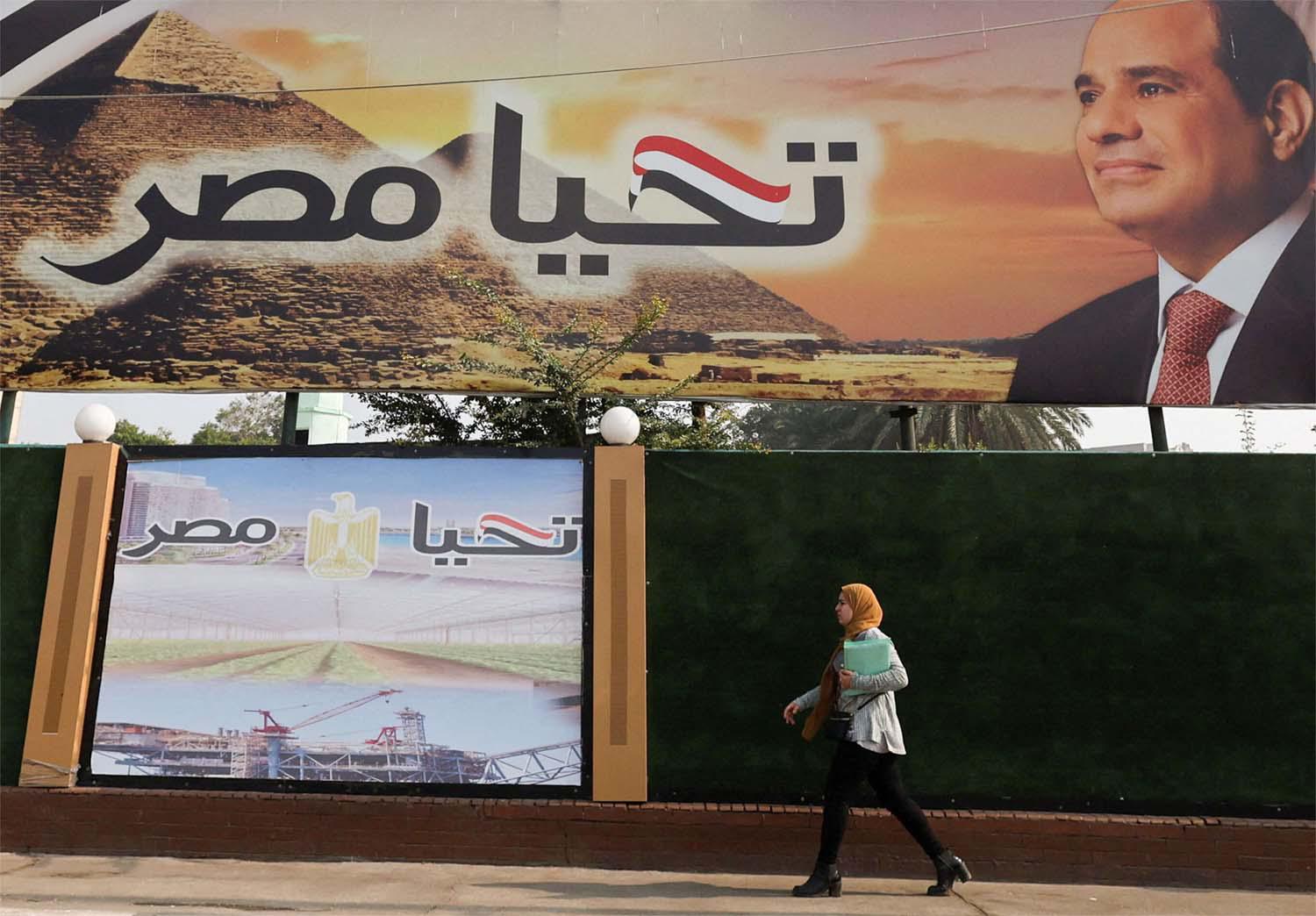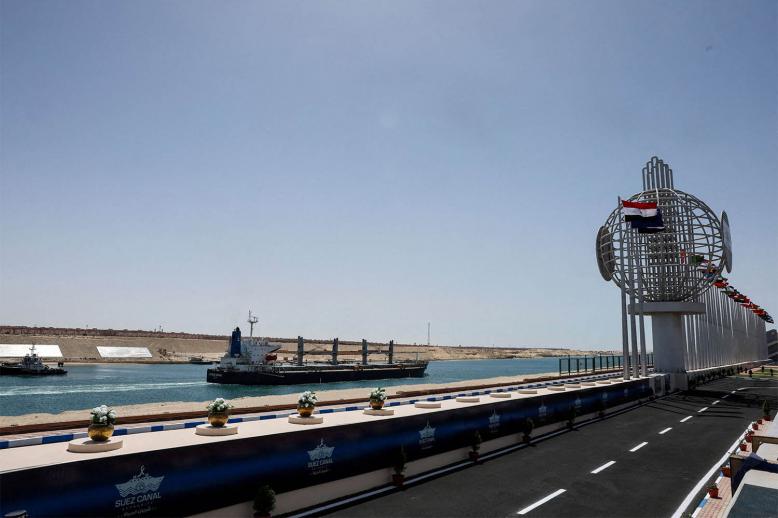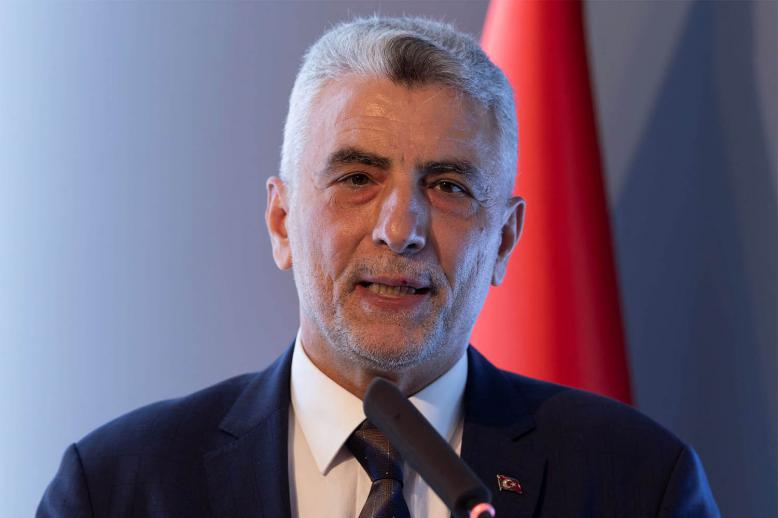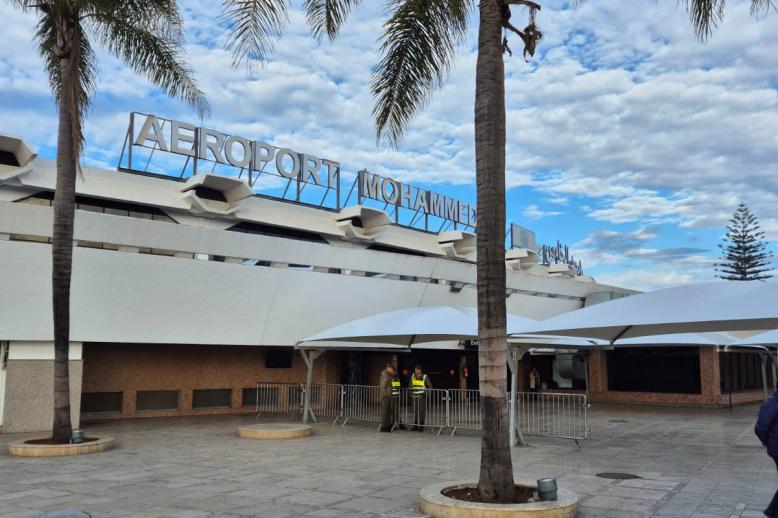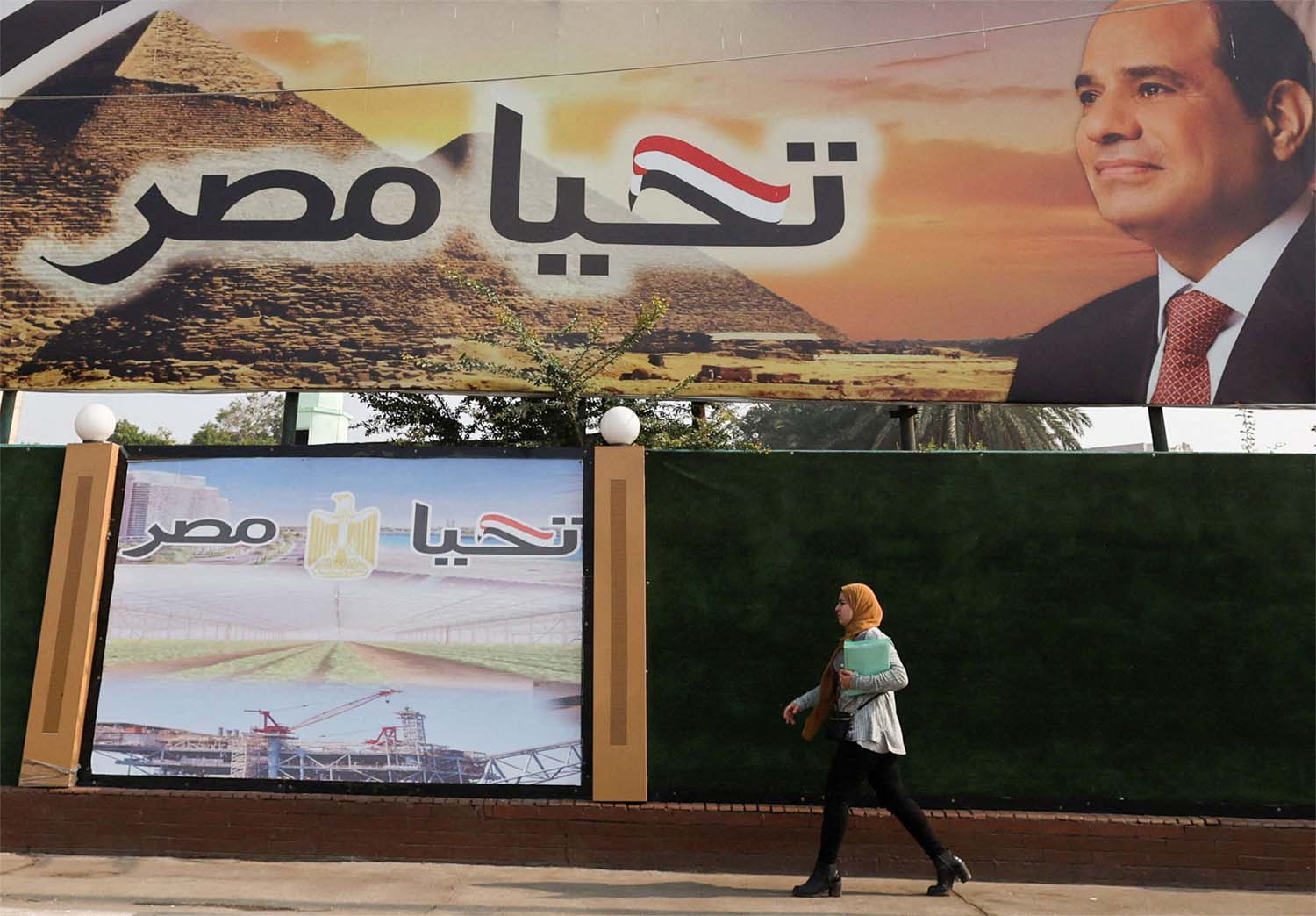Egypt asset sales face hurdles
CAIRO - Egypt has promised the International Monetary Fund it will roll back the state's involvement in the economy and allow private companies a much greater role, yet several recent moves show it continuing to expand its holdings and tighten its control.
As part of a $3 billion, 46-month financial support package announced with the IMF in October, Egypt pledged to level the playing field between the public and private sectors, strengthen the business climate and reduce the role of the state and military in non-strategic areas.
Egypt desperately needs the proceeds from privatisation after a series of economic shocks. Its progress on economic reform could determine whether it can ride out the financial crisis exposed by the war in Ukraine and lay the ground for sustainable growth.
But previous reform promises and privatisation plans have often failed to materialise, and analysts say a state ownership policy that is meant to signal where the state will step back and is viewed as a key commitment by the IMF, leaves the government plenty of room for manoeuvre.
"A lot of it is actually a justification for a massive state intervention in sectors that are supposedly strategic," said Yezid Sayigh, a senior fellow at the Carnegie Middle East Center in Beirut.
On December 7, six weeks after the IMF deal was announced, a regulation was published in the official gazette stating that people seeking to set up any of 83 economic activities would need written permission from security directorates.
The activities included operating grocery stores, kiosks, wedding decor services, hair salons and shoe shine stands. The number was reduced to 35, according to the government-owned Ahram Gate website, following criticism on social media.
Licence applications under the measure could take up to three months and would impose new fees on applicants.
In a January decree, President Abdel Fattah al-Sisi allocated the military 2km of land on either side of nearly 3,700 km (2,299 miles) of planned highways, much of it with high development potential.
Egyptian authorities did not respond to a request for comment.
Stake sale drive
Egypt set a target in 2022 of raising $10 billion annually over four years through private investment in state assets. Last month, it said its would sell stakes in 32 companies over the coming year.
On Sunday, the government said it would begin procedures this week to list two army-owned companies - petrol stations operator Wataniya and bottled water firm Safi - on the stock exchange.
But many of the firms named by the government had already been earmarked for years. Sales of stakes in almost all of the 23 companies slated for privatisation in 2018 were put off, with officials blaming market turbulence for the delays.
Though sovereign funds in hydrocarbon-rich Gulf states bought some assets as they came to Egypt's help last year, momentum has stalled.
Egypt has established its own sovereign fund to bring in private investors to develop state assets, but the move appears designed to attract capital without relinquishing control, said Sayigh.
"They want others to help the state with its financial burden, but it's still the state that determines priorities and investments," he said.
Military tax breaks
Future asset sales will be complicated by an expansion under Sisi of the military's often opaque economic role, analysts say.
The military, as well as other security institutions, are exempt from value-added taxes for goods and services needed for armament, defence and national security under a 2016 law, from real estate taxes under a 2015 decree, from income taxes under a 2005 law and from import tariffs under a 1986 law. The Ministry of Defence can decide which goods and services qualify.
Businessmen have long complained privately of other disadvantages, including in dealing with an oppressive bureaucracy.
Military generals are frequently present at meetings where economic policy is discussed, according to statements from the presidency.
In return for new finance, Gulf states have been attaching more conditions than in the past, including a demand for economic reforms in line with IMF recommendations.
But even if it materialises, investment from such political allies may not galvanise the private sector, in the absence of clear signs the state is withdrawing, analysts say.
So far, the government has leaned towards selling minority stakes and keeping control in its own hands, making them less attractive to prospective buyers.
In parliament, nationalist deputies have railed against a fund designed to leverage Suez Canal assets and against the prospect of an indebted state selling discounted resources to Gulf investors.
Rather than rolling back its holdings, the military-owned Tolip chain of nearly two dozen hotels last month bought a luxury hotel in the resort town of Sharm el-Sheikh from the publicly traded Remco Tourism Villages Construction Co. for 700 million Egyptian pounds ($22.7 million), according to a stock exchange disclosure.

